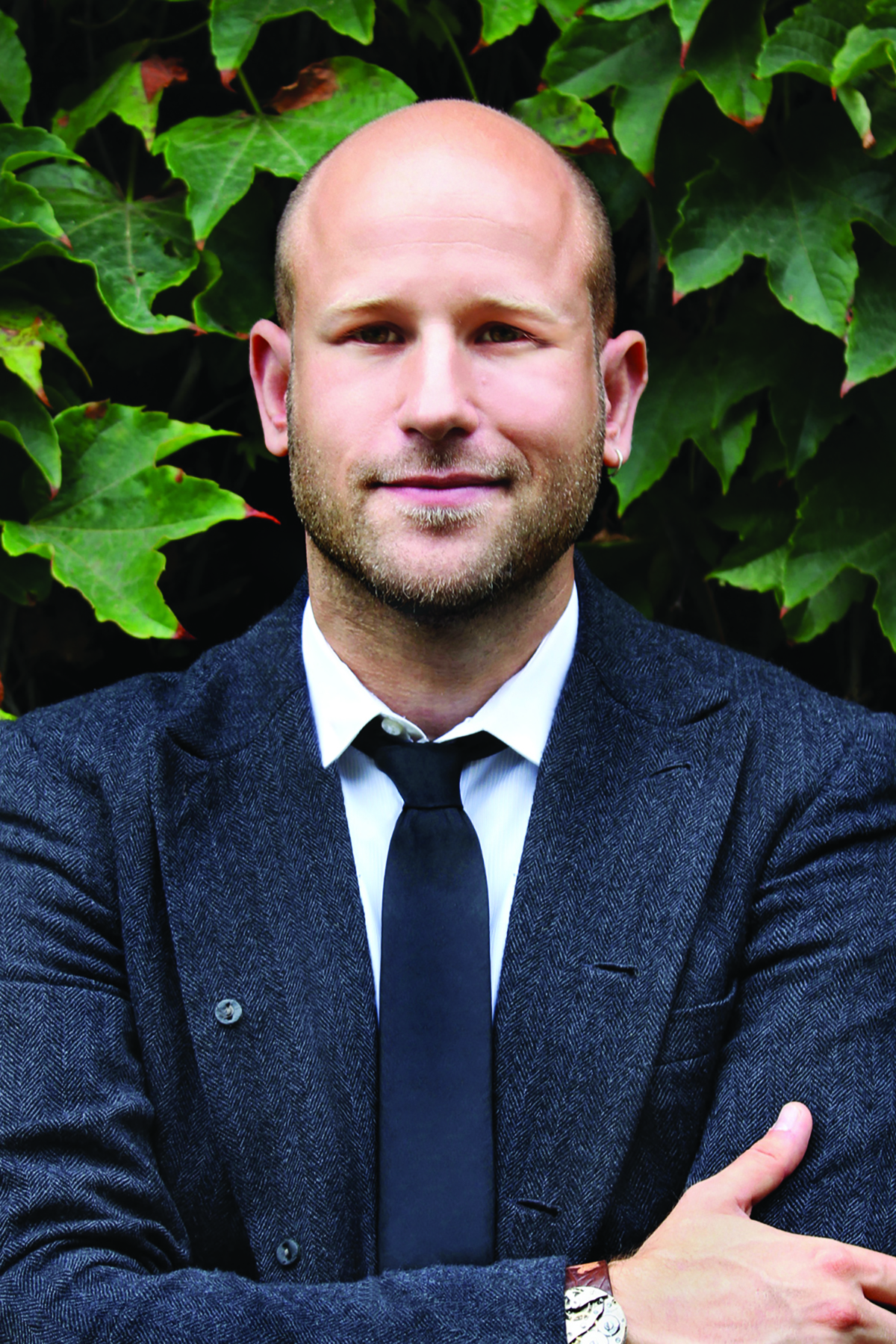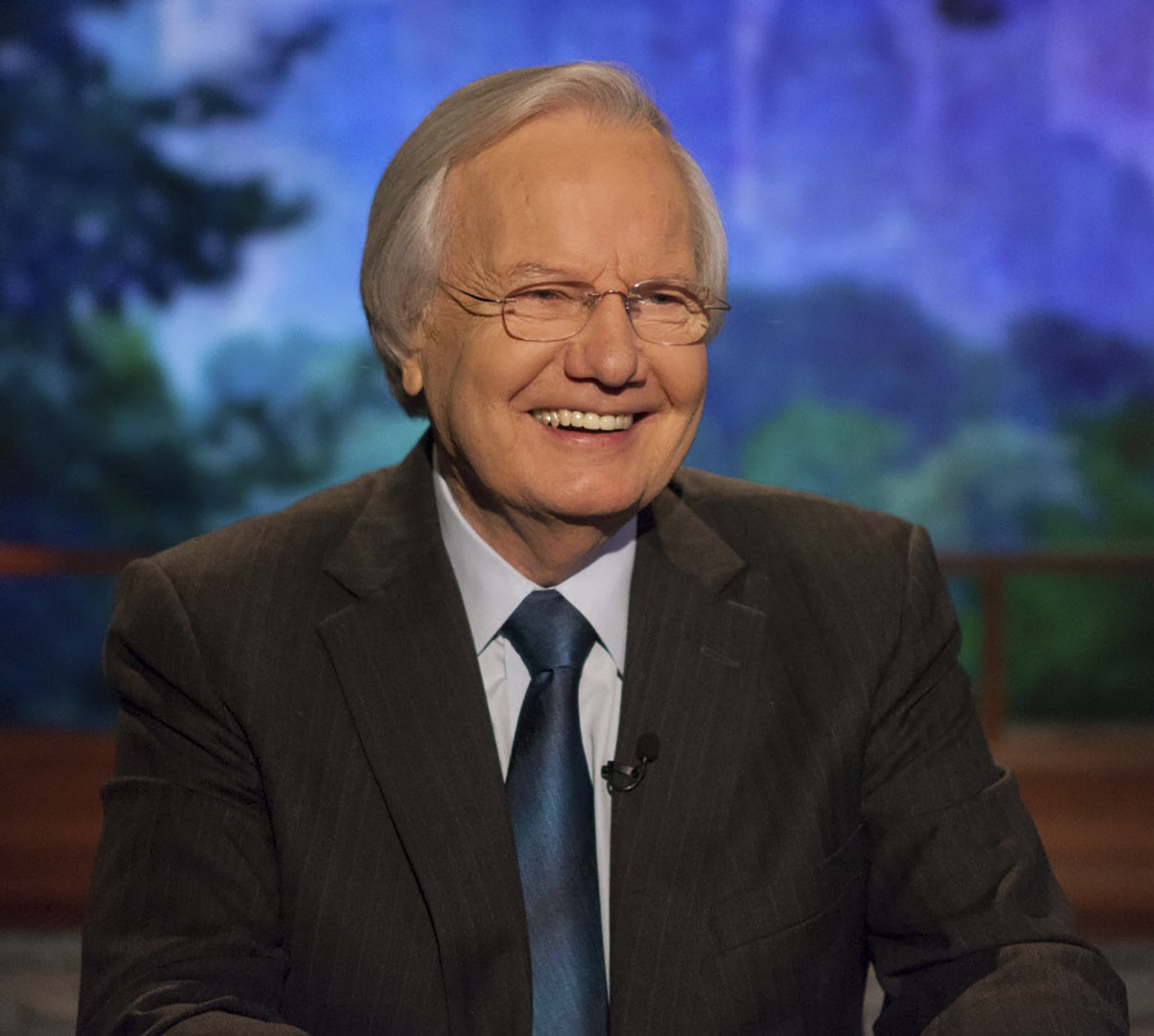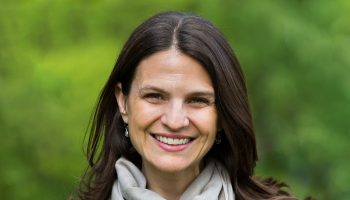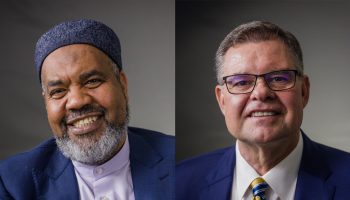As mainstream religion loses influence, Greg Epstein is working to build communities for the increasing number of nonreligious people.
Epstein will explain why these communities are important for the future of faith — and society — in the third of four conversations this week hosted by broadcast journalist Bill Moyers. The conversations will make up the week’s Interfaith Lecture Series, culminating in Moyers’ final thoughts on the discussions on Friday. The conversation between Moyers and Epstein will take place at 2 p.m. Wednesday in the Hall of Philosophy and is titled “Good without God in the Era of the Alt-Right?”
“Not only do I want to fight for the positive beliefs and community of my fellow nonreligious people, but I actually feel a need to fight for, call it the soul, of the nonreligious community,” said Epstein, who has been the humanist chaplain at Harvard University since 2005.
As Robert Jones, CEO of Public Religion Research Institute, noted earlier this week, the number of unaffiliated spiritual people has increased in recent years, primarily among younger people. Epstein said he believes these young people still need to find a community, and he hopes they find it in humanism.

Epstein defines humanism as “the pursuit of a meaningful, ethical life outside religion.” He first joined the community in 2000 after he met Sherwin Wine, the liberal rabbi who founded the philosophy after realizing his prayers felt more like performances.
While humanists don’t believe in a deity or scripture, they follow high moral and ethical standards, Epstein said.
From a young age, Epstein was interested in philosophy and religion and went on to study religion in college.
However, he said he thought much of organized religion was hypocritical and didn’t agree with the metaphorical interpretations of Scripture taught by liberal clergy. Then he found humanism.
“This struck me as the most truth I had ever seen in religion,” Epstein said.
Epstein eventually received ordination as a humanist rabbi from the International Institute for Secular Humanistic Judaism, but rose to prominence after his 2009 New York Times best-selling book, Good without God: What a Billion Nonreligious People Do Believe.
The book was, in part, a response to a wave of literature by New Atheists, which was highly critical of all religions. Epstein said he wanted to tell the story of what nonreligious people do believe so that humanists and agnostics were not known for only being negative. Instead, Epstein has worked over the last decade to build strong communities for nonreligious people to come together in peace and support.

“The single most influential aspect of religion over the course of history has not been the belief,” Epstein said. “It’s been the community.”
These communities for the nonreligious may also be key to safeguarding society from destabilization. Epstein said he has seen disturbing trends in the last few years driven by the “alt-right,” a group largely defined by their white supremacist and/or nationalist mentality, as they embrace the growing number of atheists.
People who have been rejected by moderate and conservative religious communities will turn to the alt-right for acceptance, Epstein said, which will be a key component of today’s conversation.
“My counter to that is that there is a much different, and much better, identity that we can subscribe to that has a much better and even stronger identity than the kinds of really vile ideas that people like Richard Spencer are claiming,” Epstein said.
A crucial part of stopping this trend, Epstein said, is for humanism and agnosticism to be more prevalent in conversations about faith in everyday life. Epstein said he is grateful to Chautauqua Institution and Moyers for inviting him to be a part of conversations about the future of worship, as his hope is that more people will become familiar with humanism.
“I’m just convinced there are millions of young people who need communities like this one,” Epstein said.




